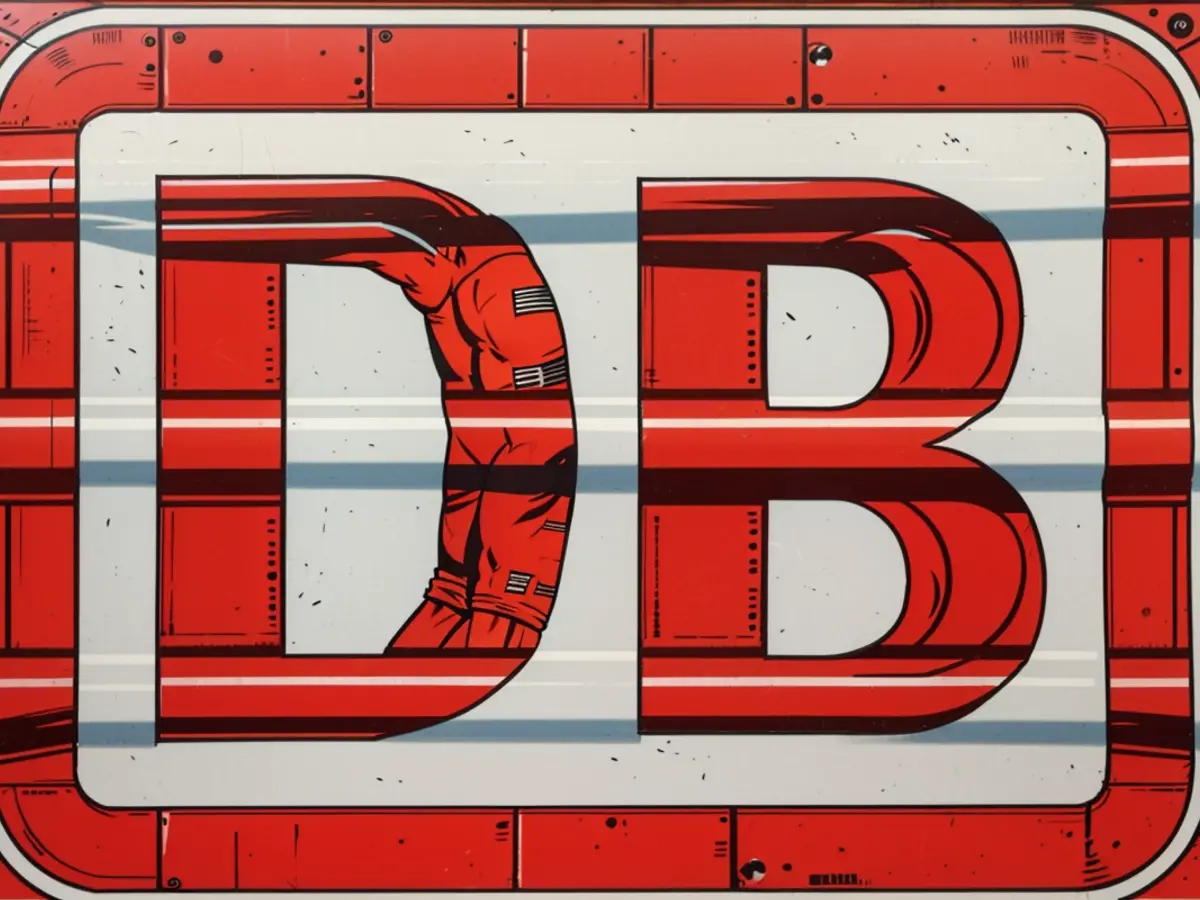Modernization of the railroads: Lindner puts price of Germany ticket up for discussion
The Ampel Coalition has determined that the necessary investment volume for the railway is 45 billion Euros by 2027. This amount was reduced to 27 billion Euros after the budget ruling of the Federal Constitutional Court in November. The court had declared the transfer of unused Corona credits to the Climate and Transformation Funds for an unconstitutional use; part of the funds was intended for the railway's rehabilitation. Recently, Transport Minister Volker Wissing (FDP) announced plans to reduce the budget for the railway by one billion Euros in favor of the Autobahn GmbH.
The Vice-Chairman of the Union Fraction in the Bundestag, Ulrich Lange (CSU), stated on Saturday: "It is likely that it will turn out as we always predicted with the 49-Euro-Ticket. The money that is being put into the nationwide public transport ticket is lacking in other important places, such as railway infrastructure." It makes no sense at all to provide a ticket if the rails are broken and the trains are not running, Lange continued. The same applies to the roads. "This shows that Minister Wissing's transportation policy is not thought through at all."
The federal and state governments have each pledged 1.5 billion Euros annually for the Germany ticket. The price of 49 Euros per month is guaranteed until the end of this year. Subsequent price increases have not been ruled out.
Thuringia's Prime Minister Ramelow told "Spiegel" that the current financing of the German Railway is a "straw fire policy." "Here, invest a few billion, there - we won't get any further this way." Therefore, he demands a special fund of 100 billion Euros for the state-owned enterprise.
Ramelow said that he was considering a solution "independent of the federal budget." The special fund should be linked to the railway's assets, that is, the railway network. "That way, we create an institution that is creditworthy." In this way, the billions "could be mobilized" that the railway needs in the coming years.
The Prime Minister criticized the planned cancellation of long-distance railway connections of the Bahn in Thuringia, which "Spiegel" had reported on a few days ago. The German Railway rejected the report. However, there are "serious financial bottlenecks," so the timetable is being reviewed, explained Fernverkehrsvorstand Michael Peterson. According to the consortium, a "drastic increase" in track rents "is on the table," that is, the fee for using the rails.
- The Ampel Coalition's decision on the railway's necessary investment, initially set at 45 billion Euros by 2027, was reduced following the Federal Constitutional Court's budget ruling in November.
- The court considered the transfer of unused Corona credits to Climate and Transformation Funds for unconstitutional use, with part of the funds earmarked for railway rehabilitation.
- Recent announcements by Transport Minister Volker Wissing (FDP) aim to reduce the railway budget by one billion Euros, directing funds towards Autobahn GmbH.
- In response to Wissing's transportation policy, the Vice-Chairman of the Union Fraction in the Bundestag, Ulrich Lange (CSU), criticized the approach, stating a lack of foresight.
- Lange argued that funding a nationwide public transport ticket, such as the 49-Euro-Ticket, is senseless without a functional railway infrastructure and running trains.
- Ramelow, Thuringia's Prime Minister, condemned the current financing of the German Railway as a "straw fire policy," demanding a special fund of 100 billion Euros for the state-owned enterprise.
- Ramelow considered an independent solution unconnected to the federal budget for the special fund, which could be linked to the railway network's assets to create a creditworthy institution.
- The cancelation of long-distance railway connections in Thuringia, reported by "Spiegel," was criticized by Ramelow, who demanded a review of the timetable due to serious financial bottlenecks.
- According to Fernverkehrsvorstand Michael Peterson, a "drastic increase" in track rents, or the fee for using the rails, is being considered to address the financial challenges facing the German Railway.
- The FDP, aligned with the Union parliamentary group, continues to face criticism and discussion on their approach to railway modernization, ticket pricing, and funding allocation in Germany.
- Christian Lindner, FDP leader, and Ulrich Lange, Union Vice-Chairman, are part of the wider discussion in Germany's climate, traffic light coalition, and efforts to balance rail investments, toll roads, and public transportation costs.







